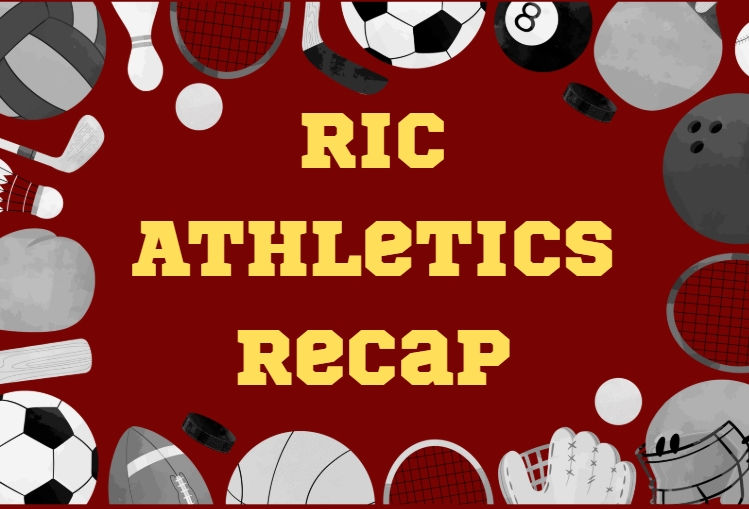RIC’s fourth beehive installed in the campus garden
- Raymond Baccari, Editor-in-Chief
- Apr 19, 2022
- 2 min read
Raymond Baccari
News Editor

On Monday, Apr. 11, 2022 a fourth beehive was installed on campus. This hive’s purpose is to have another area on campus where the bees can pollinate and provide more honey. The location chosen for this hive was the campus garden. All of RIC’s beehives play a vital role in the local ecosystem.
“That was a logical place because it will serve the garden [and] a lot of these bushes around the greenhouse are pollinator friendly as well,” said Jim Murphy, RIC’s Sustainability Coordinator.
“It is pleasing to the eye because it adds to the beauty of the campus. [And] it also has an interaction with nature and the bees.”
Currently the fourth hive doesn’t have a name. Murphy indicated that there may be a contest for RIC students to come up with one. The names for the two hives in the Bee Education Center are Queen Bee-atrice and Queen Latifah. And the hive recently added on top of the Donovan Dining Center is called Queen Donovan.
The bees in all of RIC’s hives are bought from Cedar Lane Apiaries in Sterling, Connecticut after they’re imported from California.
“They stand by their product [and] they produce the paperwork that we need for DEM to show that they’ve been inspected and properly raised. They’re a great company to work with,” says Murphy.
Despite being crucial for the campus’ food, trees and plants, the bees get a bad reputation. This is due to RIC’s bees being confused with yellow jackets. Yellow jackets are not in any of the four hives on campus. The only bees that belong to RIC are honey bees – which aren’t aggressive and only focus on pollination.
“They don’t want to hurt you. They just want to pollinate things. They want to bring back nectar and pollen to the hive so they can survive. And I think that wasps and yellow jackets give them a bad rap,” Murphy explained.
60 to 70 percent of what people eat is pollinated by honey bees. The food pollinated doesn’t just include vegetables, but even food that livestock consumes. The crucial role they have in the circle of life is why bee extinction frightens many.
Murphy said that ways people can help save the bees are planting pollinator-friendly plants, avoiding using pesticides and not harming them.
There are more ways to get involved and contribute to the work Murphy and RIC’s Environmental Club do. The Physical Plant offers internships for environmental studies majors and potential employment.
Murphy said that any students who are interested in helping the cause can email him at jmurhpy2@ric.edu. More information about the buzz going on at RIC’s Bee Education Center can be found at https://www.ric.edu/meet-rhode-island-college/campus-sustainability/bee-education.






Comments